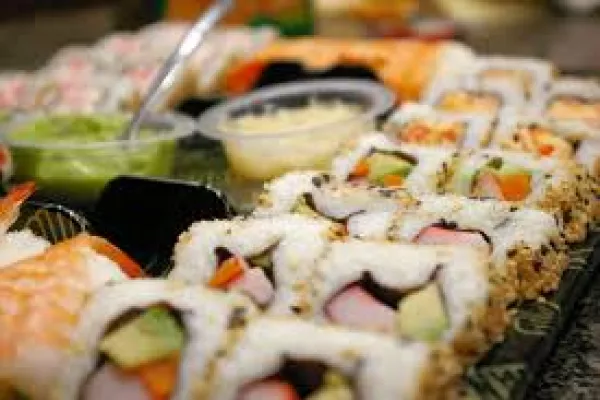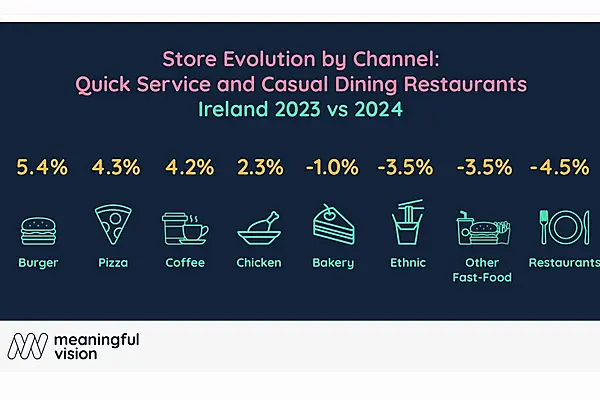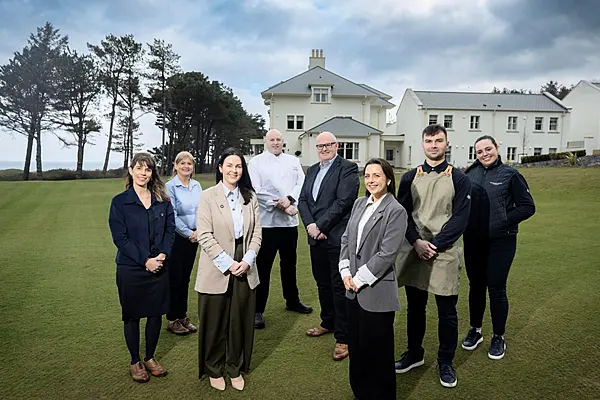Emma Reynolds, one of the UK's leading women restaurateurs, plans to open a Japanese brasserie in St James's, expanding from the group of sushi and ramen bars she built from her base in London's East End.
It's part of the new £400 million St James's Market development, a 50-50 joint venture in between the Crown Estate , which manages a property portfolio on behalf of the monarchy and the Treasury, and Oxford Properties, a Canadian real-estate firm.
The office development will house seven restaurants, including Aquavit, the London outpost of the Nordic restaurant in New York; and a new Salt Yard group outlet.
Reynolds's 2,140 square-foot establishment at 1 Norris Street, which she is creating with her business partner Kensuke Yamada, will be called Anzu, Japanese for apricot. It will feature contemporary dishes such as king crab gyoza, wagyu beef with soy butter and miso-cured salmon, along with teishoku set lunches.
It's a step up from the Tsuru sushi restaurants Reynolds founded with Yamada, in 2007. Tonkotsu ramen bars followed in 2012 and include two outlets in rundown areas of East London, one of them in a railway arch.
Reynolds and Yamada have eight restaurants , employ 120 people and last year posted revenue of more than £5 million.
"Rents in London are crazy and premiums are huge just to get hold of sites," Reynolds says. "We've taken big risks to avoid premiums. We want to keep the businesses growing organically and not lose our equity share to someone else and lose control of it."
Reynolds is one of a small group of women restaurateurs and chefs, including Thomasina Miers, who founded the Wahaca group of Mexican restaurants; Angela Hartnett of Murano; Nieves Barragan-Mohacho of Barrafina; Sally Clarke (Clarke's); Skye Gyngell (Spring); and Ruth Rogers (River Café.)
But Reynolds is part of a new generation of women restaurateurs in East London, who have formed themselves into a collective called Lily + Skinner, seeking to support each other with everything from recruiting and staffing through to purchasing and marketing.
"It happened because I was calling around a couple of friends in Hackney who have restaurants to see if we could help each other out," Reynolds says. "We all sit at the top of our businesses, so we don't face discrimination first-hand within our organisations. But we are all mindful of seeking to recruit and look after women, especially in the kitchen. Historically, it's the kitchens that have been male-led and testosterone-driven, but things are changing."
Article by Richard Vines, chief food critic for Bloomberg









